How Many Calories Should Your Cat Eat? A Vet’s Guide to Proper Feeding
Every cat has its own unique diet needs based on things like breed, size, age, and health. And if you’ve ever tried to get your cat to eat, you know they can be pretty picky! But finding the right food is only part of the challenge. Getting the portion sizes right is just as important. Too much food can lead to obesity, which can cause a whole host of health problems. So, making sure your cat gets the right amount of calories is key to keeping them healthy. As a general rule, an indoor cat needs about 20 calories per pound of body weight each day.
How Many Calories Do Cats Need?
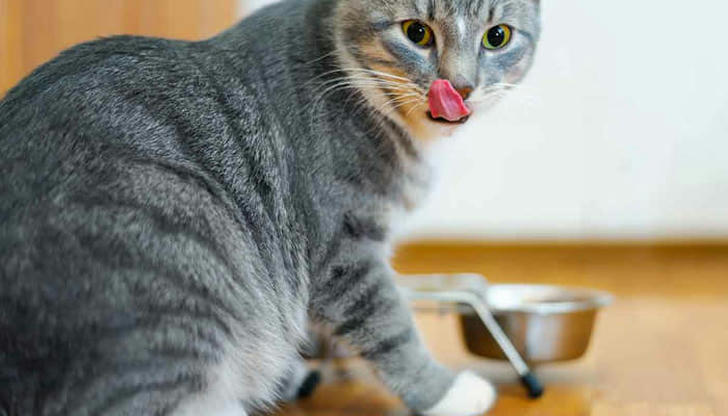
Every cat is unique, but there are some general rules when it comes to how many calories your indoor cat should be eating. Vets typically calculate this based on your cat’s resting energy requirements (RER), while also considering factors like age and activity level.
If you're unsure, there are calorie calculators available to help take the guesswork out of it and give you a solid starting point.
Keeping Weight Steady To maintain a healthy weight, an average indoor cat needs about 20 calories per pound of body weight. For outdoor cats, that number goes up to around 35 calories per pound. Cats that split their time between indoors and outdoors typically fall somewhere in between.
For example, if your indoor cat weighs 10 pounds, they should be eating about 200 calories per day. If they weigh 15 pounds, that would increase to around 300 calories a day.
Weight Loss
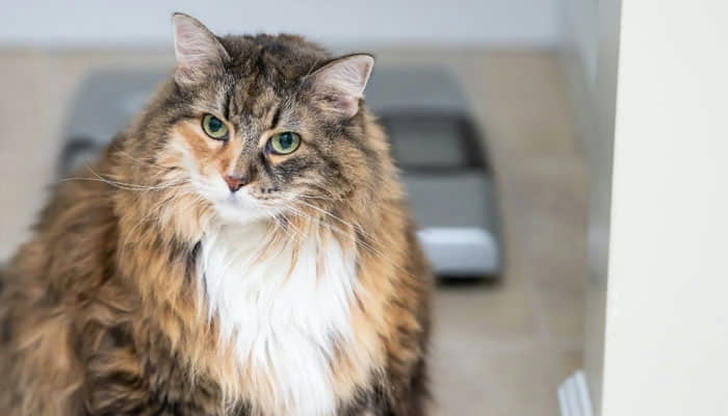
If you have an overweight cat, you're not alone—and the good news is, you have control over what they eat. For weight loss, you should start by feeding your cat as if they weigh 2 pounds less, cutting about 40 calories from their daily intake. As your cat loses weight, you'll need to adjust their calorie intake accordingly until they reach a healthy weight. Once they do, you can shift to a maintenance level of calories.
Many veterinary clinics offer weight loss programs that provide guidance and support throughout this process.
A Cat’s Metabolism
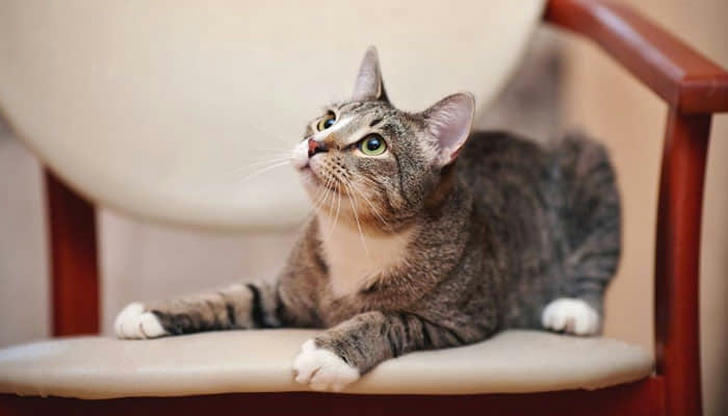
While the calorie guidelines are a good starting point, keep in mind that not all cats have the same metabolism. Some cats may burn calories faster or slower than average. If your cat isn’t shedding pounds on their current calorie intake, you may need to lower their daily calories even further. Always check with your vet before making changes to your cat's diet.
Foods for Weight Maintenance
Just like us, cats need high-quality food to maintain a healthy weight. The goal is to find a food that not only satisfies your cat but also helps them feel full. Finding that balance between taste and nutrition is key to keeping your cat healthy and happy.
Meat
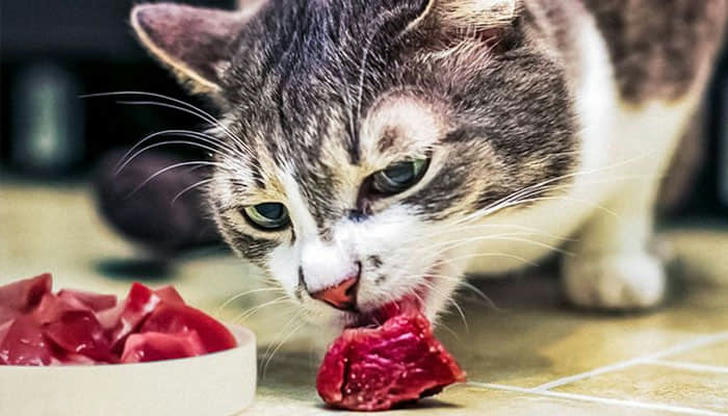
Cats are obligate carnivores, meaning their diet should primarily consist of meat-based proteins. Unlike dogs, which are omnivores, cats don’t need grains, fruits, or vegetables to live a healthy life. While these plant-based foods can offer some nutritional benefits, they are not essential for your cat's survival.
Fats
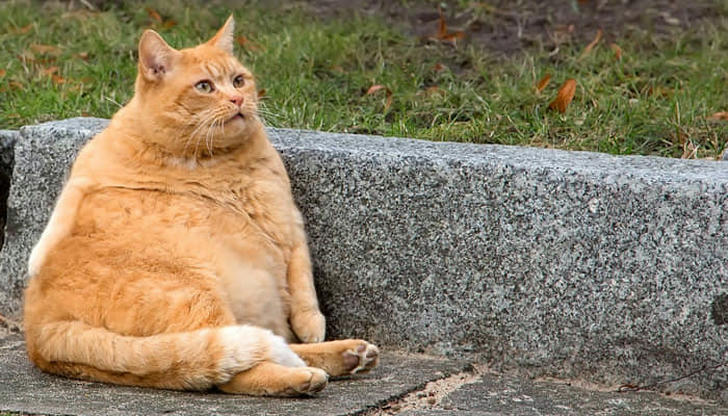
Anyone who's tried a low-fat diet for an extended period knows how constantly hungry it can make you feel—and the same applies to cats. They need a moderate amount of fat in their diet, with at least 9% fat on a dry matter basis being the minimum. However, too much fat can lead to weight gain if it's not burned off as energy.
Fiber
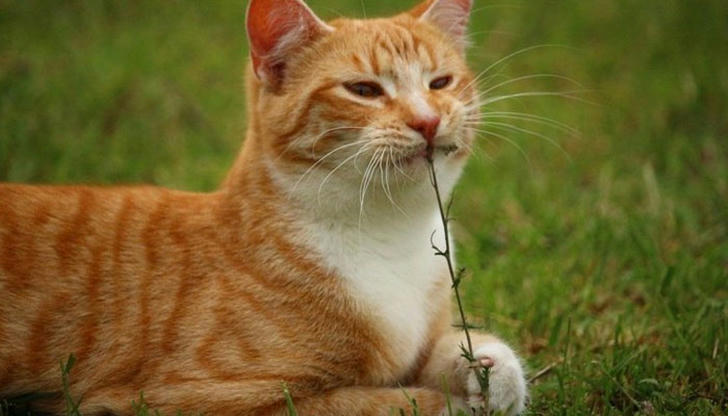
Fiber is important for helping your cat digest food efficiently and utilize calories effectively. It also helps keep them feeling fuller for longer. But finding meat-based cat foods with high fiber content can be tricky. A safe way to add fiber to your cat's diet is through higher-fiber food recommended by your vet or fiber supplements, but be sure to monitor for any digestive issues.
Feeding your cat a high-quality diet is crucial for their health and happiness, but it’s not just about the food. The dishes they eat from matter too. The Hepper NomNom Cat Bowl is our top pick for its unique design, which helps prevent whisker fatigue and promotes better posture for improved digestion. Plus, it’s beautifully crafted and fits perfectly into any home décor.
Conclusion
Figuring out how many calories your cat needs is straightforward once you understand the basics. However, it’s always a good idea to consult with your vet before adjusting their diet to ensure they're getting the right amount of food. Your vet can provide personalized advice to help you feed your cat properly and keep them healthy for many years ahead.
